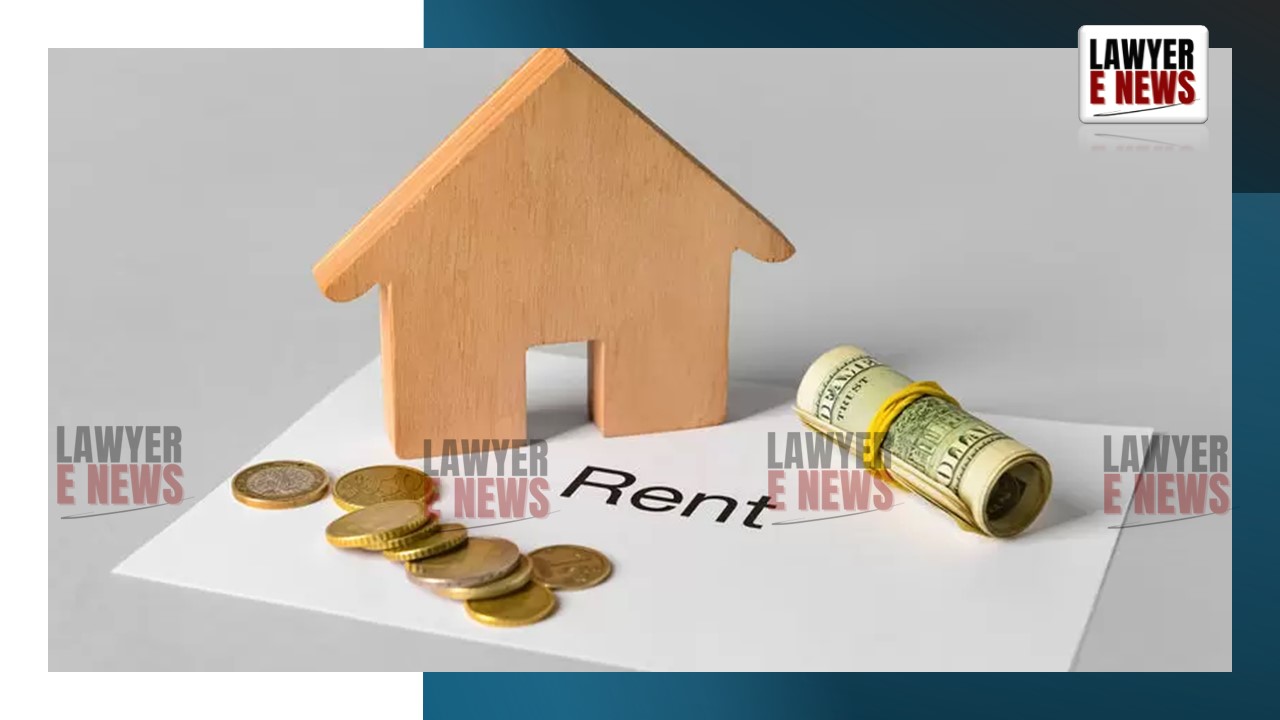-
by Admin
17 February 2026 2:34 PM



"It is not for the Court or the tenant to dictate how and where the landlord should run his professional office." — Madhya Pradesh High Court dismissed the tenant's second appeal and upheld the eviction decree under Section 12(1)(f) of the M.P. Accommodation Control Act, 1961. The Court held that an Advocate's office situated in a commercial building qualifies as non-residential use under Section 12(1)(f) and that suitability of alternative accommodation is not for the Court or tenant to determine but is the landlord's prerogative.
The Court declared, "The plaintiff by raising the pleadings as well as leading evidence has proved that he is not in possession of any alternative accommodation which can be said to be reasonably suitable for running his office."
The respondent, Hemant Kumar Sharma, a Senior Advocate, sought eviction of the appellant, Dheeraj Singh, from a shop situated on the ground floor of a commercial building at Nadi Gate, Gwalior, citing bona fide need to establish his professional office under Section 12(1)(f) of the Act.
The plaintiff pleaded, "Earlier, I was running my office from the first floor portion of the building, but after my elder son started practicing independently, I have shifted to the second floor which is not suitable, especially for old and infirm litigants as it is neither easily accessible nor visible from the main road."
He further explained that, "In emergencies, I am compelled to meet clients on the street, standing on the road, due to the inaccessibility of the second-floor office."
The defendant, however, contended that, "The plaintiff has sufficient space available on the first floor where he was earlier running his office, and is attempting eviction only to enhance rent."
The Trial Court decreed eviction both under Section 12(1)(a) for non-payment of rent and Section 12(1)(f) for bona fide need. However, the appellate court affirmed the decree only under Section 12(1)(f) while setting aside the one under Section 12(1)(a). The tenant, dissatisfied, approached the High Court in second appeal.
The first key issue was whether an Advocate’s office amounts to non-residential use under Section 12(1)(f). The Court clarified, "Because of the aforesaid distinction, where the office of an Advocate is situated in a commercial building has to be treated differently from his office situated in a residential building...the suit filed by the plaintiff was maintainable under Section 12(1)(f) of the Act."
The second issue was whether the plaintiff had adequately pleaded and proved lack of alternative accommodation. The Court observed, "If the pleadings of the plaintiff are considered, then he has specifically stated that after his elder son has started his office independently, the plaintiff has been forced to shift his office to the second floor of the building where he is residing... plaintiff has no other reasonably suitable accommodation."
Addressing the argument that plaintiff did not specifically plead lack of suitable alternative accommodation, the Court held, "Only material facts are to be pleaded, not law or evidence. The plaintiff’s pleadings meet this requirement."
On the argument that the Advocate's profession is not commercial and therefore outside the ambit of Section 12(1)(f), the Court referred to M.P. Electricity Board v. Shiv Narayan, (2005) 7 SCC 283, and held, "Although the legal profession is not a commercial activity in the sense of trade, when it is carried out in a commercial building, it falls within the expression 'non-residential purpose' under the Act."
The Court extensively relied on established jurisprudence and emphasized that the landlord is the best judge of his bona fide requirement.
Referring to Prativa Devi v. T.V. Krishnan, (1996) 5 SCC 353, the Court quoted, "The landlord is the best judge of his residential requirement. He has complete freedom in the matter. It is no concern of the courts to dictate to the landlord how, and in what manner, he should live or to prescribe for him a residential standard of their own."
Similarly, quoting Kanhaiya Lal Arya v. Md. Ehshan (Civil Appeal No. 3222 of 2025), the Court reaffirmed, "The need has to be a real one rather than a mere desire to get the premises vacated. The landlord is the best judge to decide which of his property should be vacated for satisfying his particular need."
The Court rejected the tenant’s plea of the existence of alternative accommodation and held, "The stand taken by the plaintiff that it is not possible for old and infirm litigants to climb up to the second floor of the house, cannot be said to be false or improbable."
Dismissing the argument regarding non-examination of the plaintiff's son, the Court observed, "Contention of appellant that plaintiff should have examined Satya Sharma to prove that he has ousted the plaintiff from his office cannot be appreciated because undisputedly some part of the building is in possession of Satya Sharma, who is the owner of the said property."
Ultimately, the Court declared, "Considering the totality of facts and circumstances of the case, this Court is of the considered opinion that no substantial question of law arises in the present case."
The Court conclusively upheld the eviction decree, stating, "The findings recorded clearly enumerate the bona fide need of the plaintiff and absence of any reasonably suitable alternative accommodation."
The second appeal was dismissed with the decree for eviction affirmed.
Date of Decision: 01 April 2025
